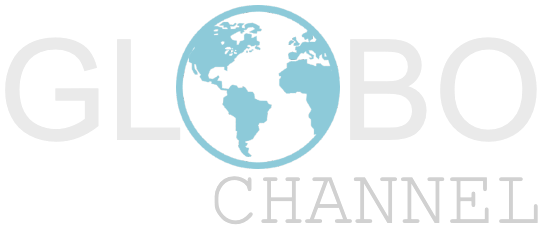![]() To what extent has the Internet changed people’s lives? The answer can always be in progressive time. But in one 24-hour cycle after another, people’s social lives also change slightly in online communication. Sun Xiaojun , a professor and vice dean of the School of Psychology of Central China Normal University , solved it in an interview with a reporter from CCTV’s ” News+ ” column:
To what extent has the Internet changed people’s lives? The answer can always be in progressive time. But in one 24-hour cycle after another, people’s social lives also change slightly in online communication. Sun Xiaojun , a professor and vice dean of the School of Psychology of Central China Normal University , solved it in an interview with a reporter from CCTV’s ” News+ ” column:
What are the new features of social networks?
Sun Xiaojun : Online social networking has become a major form of social networking, and it also shows some characteristics of the times. For example, there is now an evident circle culture and members of various like-minded and similar interests can cross the barriers of time and space to build a small inner circle. At the same time, there is another characteristic, which we generally refer to as extraversion and autism :
some people may present a completely different picture from real life on the Internet platform. Even within cyberspace, it can manifest different states on different platforms. Indeed, this can be a demonstration of the ideal self, and to some extent, this is also a very important motivation for people to socialize online. Also, the extent of offline communication is limited. We can see it as communicating with a limited number of people in a limited time, but social networking is different. In many cases, it is a state of information overload. It is difficult to process and process information, the cognitive load increases, and the phenomenon of social superficiality will appear. Perhaps everyone has experienced such a situation. For example, when someone is chatting with you very enthusiastically, you suddenly don’t know how to continue the conversation. What should you do? All sorts of internet slang and microexpressions will compose, and sometimes you’ll use a microexpression to handle the whole conversation. These are the differences between online social interaction and offline face-to-face interaction.
Why do people behave differently online and offline?
Sun Xiaojun: To take a simple example, maybe ‘I’ is a quiet, shy and introverted person in real life, but does this mean that ‘I’ is such a person deep down in my character? Not necessarily, this kind of performance may be because “I” has some kind of anxiety about the whole environment, or long-term family upbringing causes “I” to behave like this, but from the bottom of my heart, the ideal level of “I” also hopes to be a charismatic person in the crowd, perhaps everyone has such a desire. We call it our “ideal self.” Each of us has a boundary between the real self and the ideal self. Many individuals are limited in various aspects in real life and may not be able to express themselves fully according to their thoughts, but due to some characteristics of the cyberspace itself, it can go to loosen the limits. Therefore, “I” can satisfy needs that cannot be satisfied offline. This is actually another level of individual self-search and self-exploration.
#emoticon









